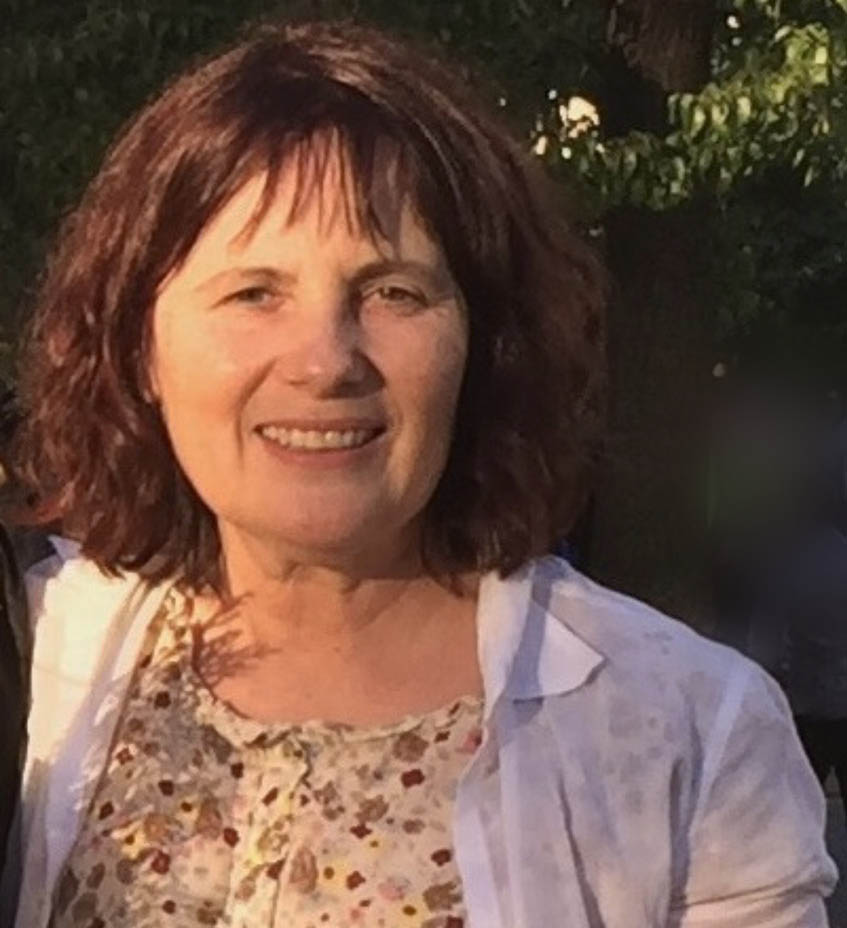Ann Shenfield.
Psychotherapeutic Psychoanalyist
About.
 Ann comes to practise as a psychoanalyst with a background in the creative arts, she brings that creativity to her psychotherapeutic work. Her focus is on understanding the unconscious in its various guises.
Ann comes to practise as a psychoanalyst with a background in the creative arts, she brings that creativity to her psychotherapeutic work. Her focus is on understanding the unconscious in its various guises.
As an analyst Ann’s position is to enable a person to recognise their responsibility and to come to understand what is unique about themselves. In the psychoanalytic space a person is encouraged to truly speak their mind, accessing the unconscious through free association. When we ask ourselves questions like I don’t know why I did that? Or if we act against our own interests, psychoanalysis offers a way to interrogate ourselves with a view to working out what is really at play. By attuning ourselves to our inner dialogue, the analytic process can be transformative. Lacan considered a person’s life to be aligned with poetry, that words have significance and primacy, in ways that a person is often unaware of and can be unknowingly subject to.
Ann is non-judgmental, her approach is considered and curious. Her practice is low-fee based with a focus on artists, writers and those who feel stuck or unable to process life’s challenges or are simply seeking to know themselves better. She believes that there is an integrity to psychoanalysis that aligns with writing and artistic practise in general, where one word or mark can make all the difference.
Ann works with those who are suffering, in whichever form that suffering manifests—including grief, depression, anxiety, sorrow, disappointment or disillusion with the world and one’s place in it. Ann works with adults and adolescents.
She can be contacted on 0425 797 337 or at ann@annshenfield.com.
• Member, Australian Centre for Psychoanalysis
• Four-year Program of Theoretical and Clinical Studies in Psychoanalysis, Australian Centre for Psychoanalysis
• Introductory Course in Psychoanalysis, Australian Centre for Psychoanalysis
• Various National and International Animated Film and Poetry prizes
What is psychoanalysis?
Initially sessions are conducted face-to-face, but as the analysis progresses, and the unconscious begins to emerge, the treatment involves lying down and free associating.
The only rule in the psychoanalytic space is to speak in an uncensored way, where the usual repressions are absent, this is unlike an ordinary conversation since it can bring forth unconscious conflicts. It may, at times, be challenging but psychoanalysis can lead to a more grounded sense of who we are, underneath our self-deceptions and impositions. By addressing the unconscious and looking at patterns of repeated behaviour, psychoanalysis interprets the past as it impacts on the present. It also works to enable a person to perceive what is, and isn’t, their responsibility and offers insight into how to deal with symptoms, not necessarily by curing them, but by treating them in a way that means they become more tolerable.
Psychoanalysis highlights what’s unique about a person, or what’s called their singularity. Its work is to identify what a person is really seeking—their desire. The process can be transformative.

